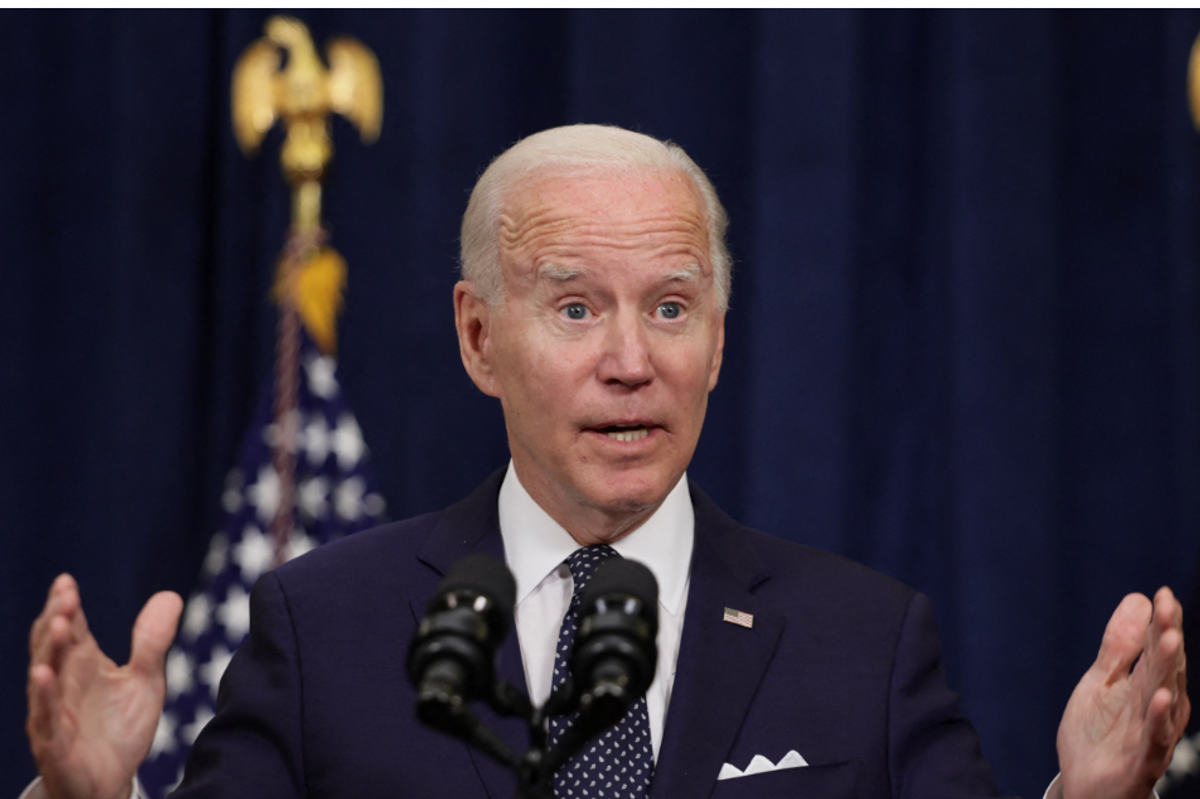
When House Budget Committee chairman Paul Ryan (R-WI) says he wants to fix the “real culture problem” that he believes exists in “our inner cities,” what he really means is that he wants to contribute to an existing culture problem that affects the way people like him make economic and social judgments about low-income and unemployed Americans.
Just a week after releasing his report calling for cuts to federal anti-poverty programs, Ryan appeared on Bill Bennett’s Morning in America on Wednesday to once again explain what he believes is the solution to widespread poverty.
Citing conservative social scientist Charles Murray, who thinks African-Americans are genetically less intelligent than whites and that “poor people are born lazy,” Ryan explained that in order to combat poverty, the value of work would need to be taught to poor Americans, specifically men in “inner cities.”
“We want people to reach their potential and so the dignity of work is very valuable and important and we have to re-emphasize work and reform our welfare programs,” said Ryan, who seemed focused on establishing work requirements for poor Americans in urban communities. “We have got this tailspin of culture, in our inner cities in particular, of men not working and just generations of men not even thinking about working or learning the value and the culture of work, and so there is a real culture problem here that has to be dealt with.”
As ThinkProgress points out, however, much of Ryan’s logic is flawed. He begins by assuming that poor Americans do not work – or at least those who live in urban communities do not work – and that they lack the desire or incentive to find work. This assumption is then used to oppose anti-poverty federal programs, which Ryan claims only enable these already unmotivated, unemployed poor people.
No statistical evidence exists to support the claim that anti-poverty federal programs prompt a widespread attitude that devalues the concept of work and work ethic. Additionally, Ryan neglects the fact that many poor people — including those who benefit from safety net programs — are in fact employed.
December 2013, census data showed that 10 percent of Americans who work full-time are among the nation’s poorest. Also in 2013, a report released by the Bureau of Labor Statistics found that out of the 46.2 million Americans living below the official poverty line in 2011, 10.4 million counted as the “working poor” – people who were employed or actively looking for employment for at least six months.
Another hole in Ryan’s theory of poverty in the United States is that it seems to suggest that poverty exists primarily in urban areas, which are typically home to minorities. A 2013 Huffington Post article citing data exclusive to The Associated Press notes that “while poverty rates for blacks and Hispanics are nearly three times higher, by absolute numbers the predominant face of the poor is white.” According to the report, more than 19 million whites fall below the poverty line, and most live in suburbs or rural towns – where over 60 percent of the poor are white.
And regardless of race or location, federal anti-poverty programs serve to help those millions of Americans living in poverty and most require that beneficiaries work or actively look for work.
Still, Ryan argues that welfare reform similar to that passed under President Bill Clinton is necessary to adequately address poverty. As ThinkProgress points out, though, the economic reality of today does not mirror that of the 1990s; there are a greater number of families living below half the poverty line in 2014 and when welfare reform was first enacted in 1996, the country was not reeling from the worst economic recession since the Great Depression.
Many of the programs that Ryan has targeted are actually responsible for keeping additional millions out of poverty since the recession, the Economic Policy Institute finds.
To Ryan’s credit, one of the problems he describes as a source of poverty seems credible: culture – except not in the way Ryan thinks. As long as conservatives continue to call for steep cuts to or the total elimination of safety net programs, citing nonexistent evidence that these programs only further debilitate poor, lazy, and unemployed Americans living in inner cities, poverty will continue to be a prevalent problem in the United States. The reason is simple: If those entrusted to design, propose, and enact economic legislation concentrate and make decisions on a deluded sense of reality, the efforts that do deserve greater focus never garner it.
Ultimately, millions of struggling Americans – of all races and hailing from different cities and towns across the nation – are the ones who lose.
Photo: Gage Skidmore via Flickr


